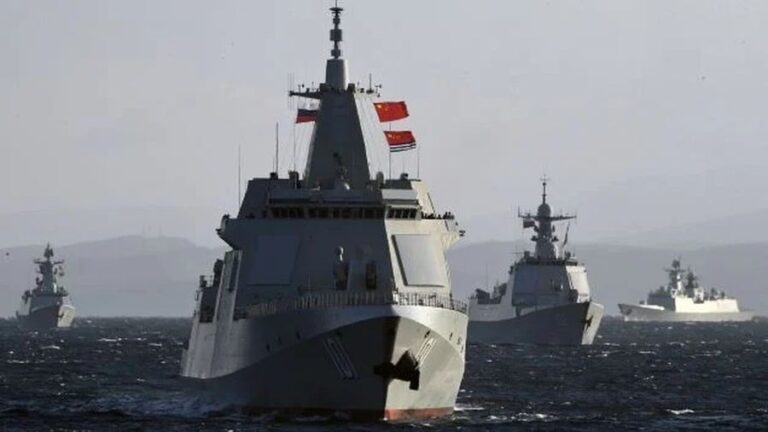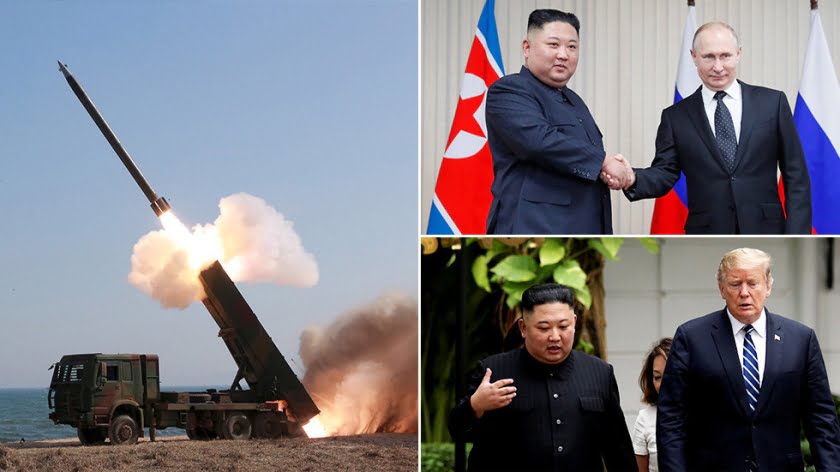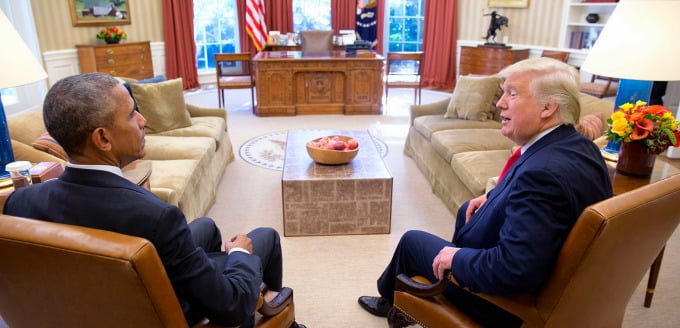Why NATO’s Growing Presence in Black Sea Won’t Change the Strategic Balance
On Tuesday, warning that the North Atlantic Alliance seems to be looking to up the ante of NATO-Russian confrontation in the Black Sea, Russian NATO envoy Alexander Grushko emphasized that the body of water will never become “NATO’s Lake.” Speaking to a leading independent Russian online newspaper, military experts explained why this is the case.
Grushko noted that unfortunately, the alliance has already begun a buildup in the region, including an intensification of NATO maritime patrols in the, AWACS surveillance flights, and the deployment of US Marines to Romania. Last month, speaking to NATO Secretary General Jens Stoltenberg, Erdogan complained that “the Black Sea has almost become a Russian Lake,” adding that “if we do not act now, history will not forgive us.”
Meanwhile, in April, NATO Deputy Secretary General Alexander Vershbow remarked that Moscow “threatens to challenge Alliance unity, as well as our territorial integrity,” including in the Black Sea region. “Our approach to deterrence and defense must be equally broad [and] far-reaching,” the official added. “Cooperation between Allies – especially between our Black Sea allies Bulgaria, Romania, Turkey, and involving the United States, will be key to the security challenges we face.”
Earlier this year, Romania indicated that it would be proposing the creation of a new NATO Black Sea fleet consisting of ships from Germany, Italy, Turkey and the United States at the alliance’s upcoming summit in Warsaw next month. In response, warning that the initiative threatened to undermine regional security, Foreign Ministry spokeswoman Maria Zakharova said that Russia would be forced “to take adequate measures in response to ensure its own security” if NATO went ahead with the plans.
Asked to comment on the prospects of the NATO initiative going ahead, Russian military experts Mikhail Alexander, Konstantin Sivkov and Vladimir Romanenko spoke to the Russian online newspaper Svobodnaya Pressa about what exactly those ‘adequate measures’ might be. Alexandrov, a senior expert at the Center for Military-Political Studies at the Moscow State Institute of International Relations, explained that while NATO has the capability to grow its presence in the region, this will not have any impact on the strategic balance between Russia and the alliance.
“NATO really is looking to strengthen its naval group in the Black Sea, and the Montreux Convention can’t prevent it from doing so,” Alexandrov noted.
Nevertheless, the defense analyst emphasized that from a strategic perspective, such a buildup would give NATO “almost nothing” in terms of gaining an advantage against Russia.
What’s more, Alexandrov noted, “the Bastion is capable of striking enemy ships at long range – nearly 300 kilometers. Add to this the fact that with the help of the Monolith-B radar station, the system is capable of obtaining over-the-horizon target designation,” (making it capable of detecting targets at ranges of hundreds or thousands of kilometers beyond radar horizon).

“In effect, Bastion complexes cover a significant area of the Black Sea. In any case, we can say that NATO ships will not be able to come close to Russian shores. At the same time, we have the Su-24 supersonic attack aircraft, already deployed in Crimea. They are capable of carrying cruise missiles, and able to hit targets all the way to the Turkish Straits.” “Finally,” the analyst recalled, “the Black Sea also has several Russian Warszawianka-class submarines equipped with the Kalibr sea-based cruise missile. These are also capable of raking the entire Black Sea with fire.”
“And so, we need to react to the alliance initiative calmly. It’s another thing if NATO began butting in on our territorial waters. And here we will have to do something: to displace NATO ships, our ships may have to ram them,” the analyst said.
Incidentally, Russia’s Black Sea Fleet already has experience with that maneuver:
[youtube https://www.youtube.com/watch?v=N4jQhnXrWbg&w=854&h=480]
Asked by Svobodnaya Pressa what NATO’s strategic goal might be, given that they must realize that any new Black Sea naval group cannot threaten Russia strategically, Alexandrov emphasized that what the alliance is trying to do is “to exert military and political pressure on us; to intimidate us and limit our activity. But I will repeat that we have nothing to worry about: from a military-strategic point of view, NATO’s actions can change very little.”

For his part, defense analyst and Captain First Rank Konstantin Sivkov insisted that the creation of such a fleet would be a violation of the Montreux Convention. “Even during the Soviet period, when the countries of the Warsaw Pact dominated the Black Sea, NATO hesitated to deploy ships to the Black Sea,” the analyst said.
Asked about the number and class of ships most likely to join such a flotilla, the analyst predicted that it will “most likely consist of frigates and submarines,” given that “larger ships would find themselves cramped and useless in an area the size of the Black Sea.” As for their numbers, he predicted that “at first, the flotilla will probably be small; but then it can be built up to 12-13 ships.”
In Sivkov’s view, if NATO goes ahead with the deployment, Russia will have to respond by increasing its own naval arsenal in the area.
For his part, Major-General Vladimir Romanenko, the former head of the coastal defense troops of the Soviet and Russian Black Sea fleets, recalled that for warships of non-Black Sea area states, the Montreux Convention imposes significant restrictions.
Accordingly, the officer suggested that “NATO plans at present look like an attempt to deliberately create tensions [to Russia’s] south. At the same time, by my estimations, any NATO squadron, in combat conditions, would not survive any longer than 5-7 minutes.”










